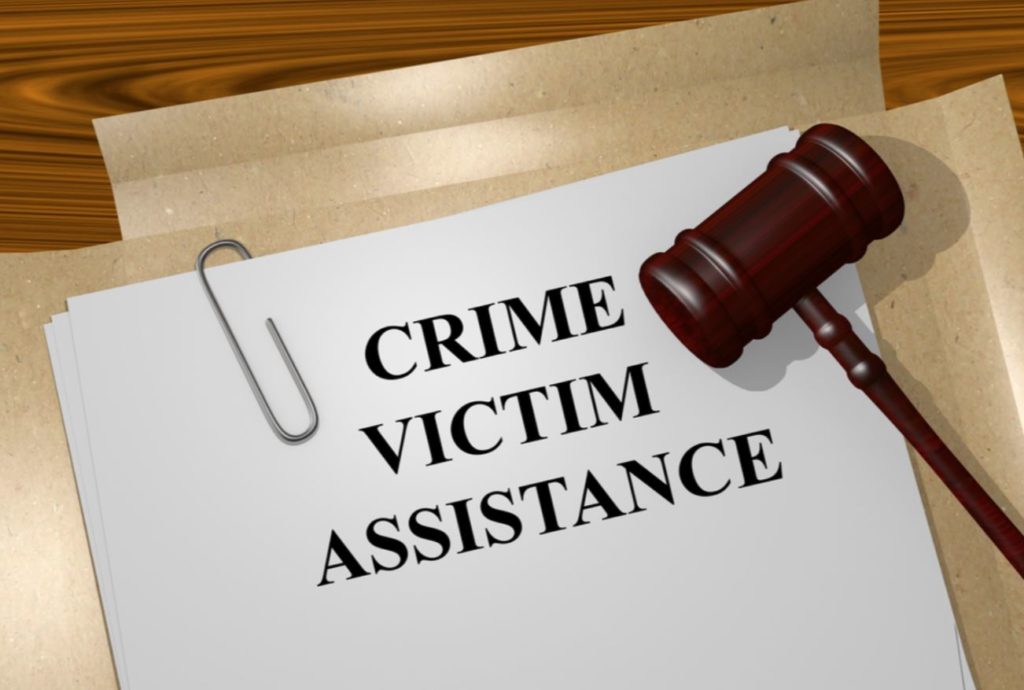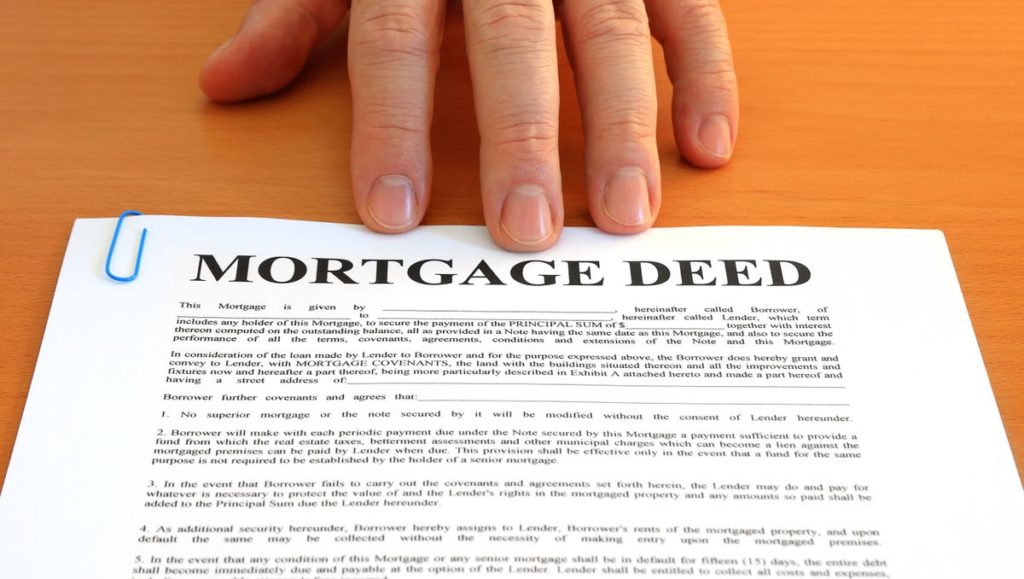
If you are a crime victim, in addition to suing the person who committed the crime, Georgia offers up to $25,000 in crime victim assistance. This compensation program covers such things as medical bills, funeral expenses, mental health counseling, and loss of income or support. This is a significant program. For example, in 2018, Georgia awarded almost $20 million to 14,246 crime victims in Georgia’s 159 counties.
The Georgia legislature explained the basis for program:
. . . many innocent persons suffer personal physical injury, serious mental or emotional trauma, severe financial hardship, or death as a result of criminal acts or attempted criminal acts. The General Assembly finds and determines that there is a need for assistance for such victims of crimes. Accordingly, it is the General Assembly’s intent that under certain circumstances, aid, care, and assistance be provided by the state for such victims of crimes. O.C.G.A. § 17-15-1.
To get compensation, you must file an application with the Georgia Crime Victims Compensation Program. To qualify, you must be physically injured or witness a violent crime OR suffer serious mental trauma as a result of being threatened or present during a violent crime OR trying to help a crime victim OR you are a parent of someone killed or injured as a result of violent crime OR depended on someone for financial support who was killed during a violent crime OR having been paying bills related to the crime.
The most common crimes eligible for compensation are child molestation, rape, domestic violence, homicide, hit-and-run, serious injury by vehicle, DUI crashes, assault/battery, and robbery.
Please be aware that you must meet some initial guidelines: you must have reported the crime within 72 hours and must file an applications with the Georgia Crime Victims Compensation Program within three years of the crime. These are the general rules but there are exceptions for minors and unusual circumstances.
If you qualify, you will be entitled to recover to $25,000 per victim per incident. The $25,000 includes medical expenses up to $15,000, funeral expenses up to $6,000, counseling expenses up to $3,000, lost wages expenses up to $10,000, and loss of support expenses up to $10,000.
If you are the victim of a crime, please contact Gomez & Golomb 404-382-9994. We offer a free consultation to review and explain your options to get compensated for your injuries.




